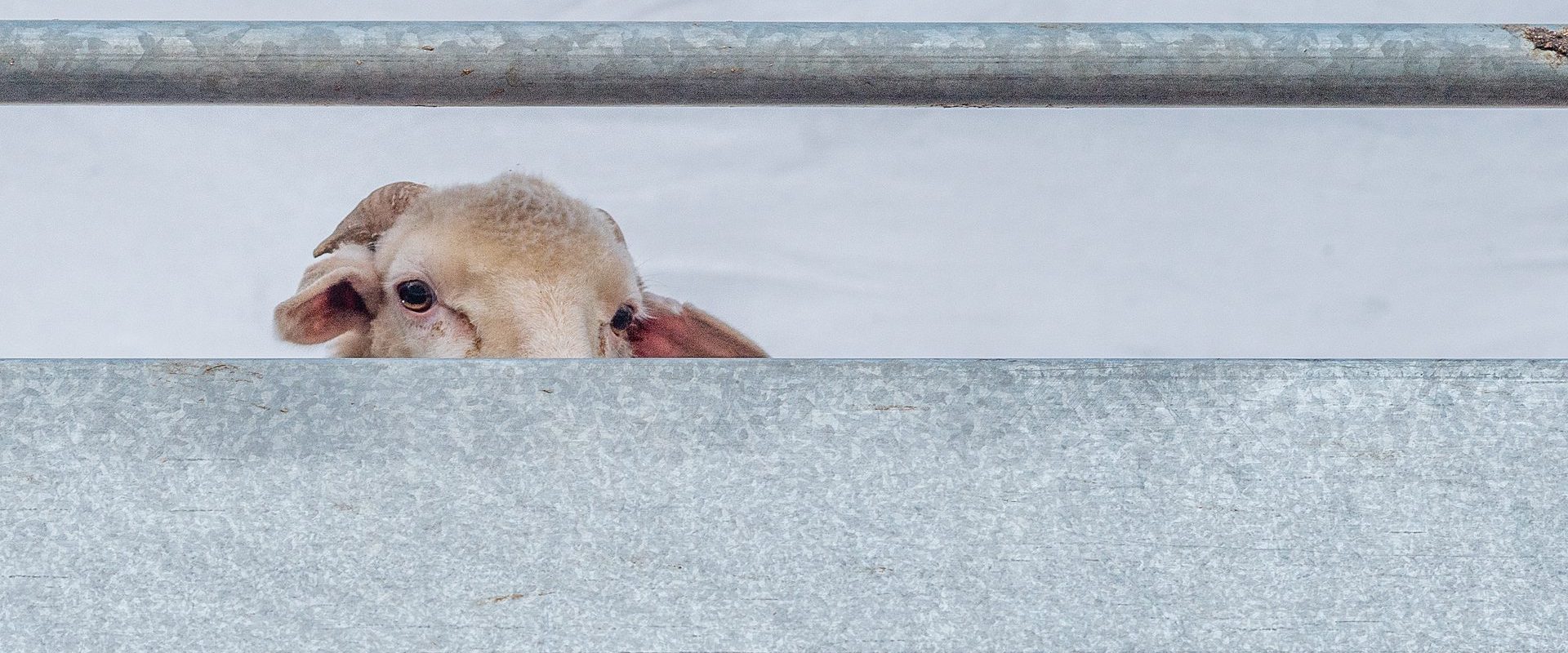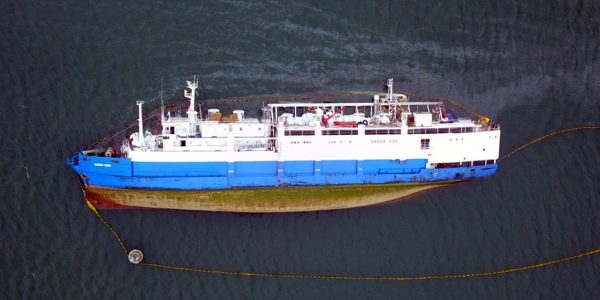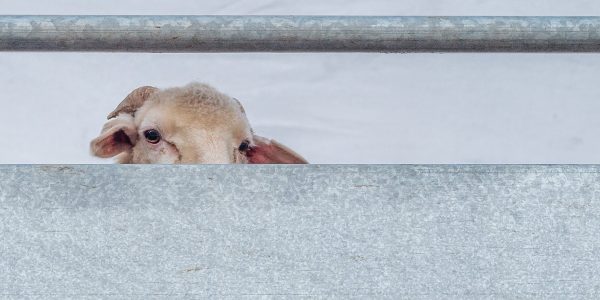For the 16,000 animals at the centre of the MV Bahijah disaster, their fate was sealed on the 5th of January – when Australia’s live export industry was allowed to send them directly into a dangerous conflict zone.
Unable to traverse the Red Sea due to Houthi attacks on vessels, the ship was ordered to turn back on January 19 – offering a small glimmer of hope that, finally, decisions would be made that prioritise the welfare of the animals.
That hope was quickly dashed when, upon returning to Fremantle after 2.5 weeks at sea, they were left to languish on the vessel for another fortnight – in the middle of a heatwave. Inconceivably, rather than offload them immediately, the exporter applied for a new permit to re-export the animals via a longer and more gruelling route around Africa.
While that first permit was refused – and the animals were ordered off the ship and confined to quarantine feedlots – it seems a new export permit has now been granted.
After nearly two months in limbo, with all of the cumulative stresses of being in totally inappropriate and unnatural environments, the ultimate fate of these animals was still to be balanced with the commercial interests of the export company. And, once again, the animals lost.










